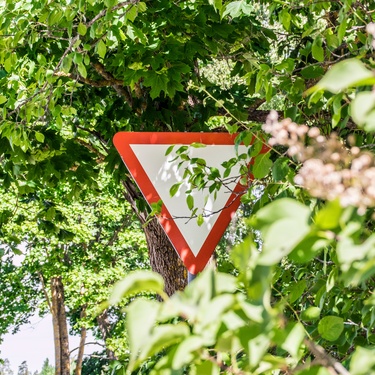Live
France24 English News Live StreamGlobal News
Global News Video PlaylistPBS
PBS News Video PlaylistNewsroom Features
Epiphany: The History, Traditions, and Future of “Little Christmas”

See Special Report: Epiphany: The History, Traditions, and Future of “Little Christmas”
Published Sunday January 04, 2026
CES 2026: Tech Trends, Design Inspiration, and How to Watch Live

See Special Report: CES 2026: Tech Trends, Design Inspiration, and How to Watch Live
Published Sunday January 04, 2026
How the World Will Celebrate New Year’s Eve and New Year’s Day 2026

See Special Report: How the World Will Celebrate New Year’s Eve and New Year’s Day 2026
Published Tuesday December 30, 2025
Inside the New 2026 RobinsPost Wall Calendar: Year of Connection, Celebration, and Global Moments

See Special Report: Inside the New 2026 RobinsPost Wall Calendar: Year of Connection, Celebration, and Global Moments
Published Saturday December 20, 2025
The Honolulu Marathon: A Global Celebration of Running and Culture

See Special Report: The Honolulu Marathon: A Global Celebration of Running and Culture
Published Saturday December 13, 2025
The Psychology of Pricing Salon Services Effectively

See Contributor Story: The Psychology of Pricing Salon Services Effectively
Published Saturday December 20, 2025
How Vegetation Management Improves Public Safety

See Contributor Story: How Vegetation Management Improves Public Safety
Published Friday December 19, 2025
How Local Governments Can Improve Community Safety

See Contributor Story: How Local Governments Can Improve Community Safety
Published Thursday December 18, 2025
How To Choose the Right 3D Scanning Equipment

See Contributor Story: How To Choose the Right 3D Scanning Equipment
Published Wednesday December 17, 2025
How To Future-Proof Your Warehouse Storage
See Contributor Story: How To Future-Proof Your Warehouse Storage
Published Tuesday December 16, 2025














